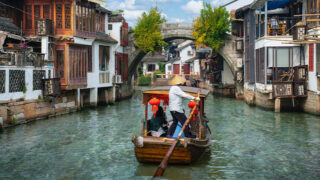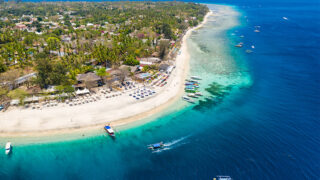What if your overseas posting had been somewhere else? Here’s an insight into being an expat in Goa, India. We also take a look at some divine villas by Elite Havens to set your sights on for future holidays.
Italian GIANFRANCESCO PERRONE is the general manager of luxury property developer Isprava. He’s lived and worked in the state of Goa, on India’s southwest coast, for four years. We asked him how he got there and what he likes about it.
Why did you move to Goa?
I came here both for personal and professional reasons. After seven years in Mumbai, I was looking for a change in pace and a home closer to nature. In 2015, I joined Isprava, which builds luxury holiday homes in Goa, Coonoor and Alibaug. I’d been working there for a year, when the company decided to expand further and ramp up operations in Goa. This was my cue; I took the opportunity and moved to Goa soon after to build and manage our regional office.
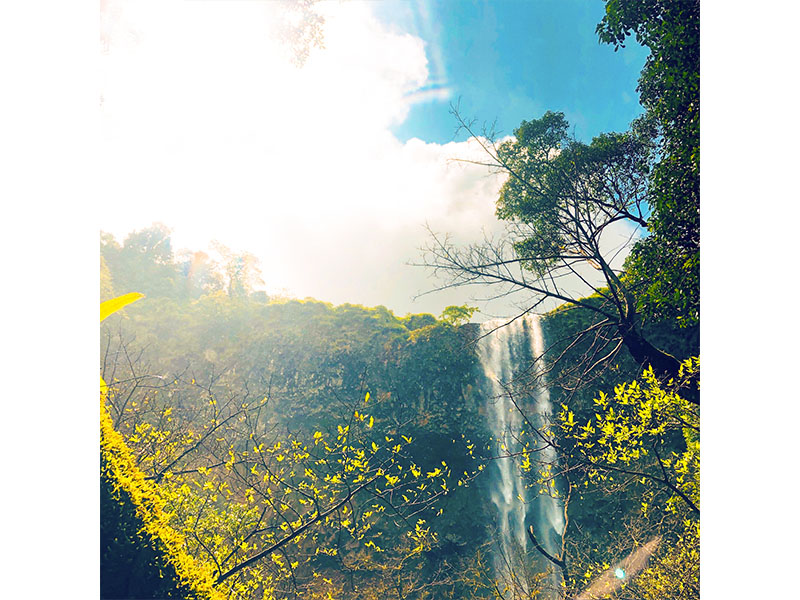
What’s the character of Goa today?
Paint a picture for those who’ve not been there. It’s definitely laid-back and relaxed. Being the smallest state in India and heavily reliant on tourism, Goa has built its reputation over decades – from the hippie years in the 60s and 70s to the real estate boom in the past five years where it’s now become the place to be. What I appreciate most, though, are the juxtapositions: the 16th-century charm against the vibrant neighbourhoods, the calm beaches against crowded shacks, the energetic parties against tranquil hideaways. It’s a land of contrasts.
How has it changed over time?
I think it’s safe to say that Goa’s charm is derived from its colonial past. The Portuguese first arrived in 1498, spreading Christianity and expanding Portuguese culture. While India gained independence in 1947, Goa was only liberated from the Portuguese in 1961 and became a proper state in 1987. Once a major trade centre in India, Goa attracted influential dynasties, seafarers, merchants, traders, monks and missionaries to its shores; all of them have impacted its cultural and socio-economic development for years.
Not much has changed since: a typical Goan home is still influenced by Portuguese architecture; Christianity is the second largest religious group and English is widely used across all sections of the society; Goa’s beautiful coastline is still as attractive as it was before, and new businesses are being established here every day.
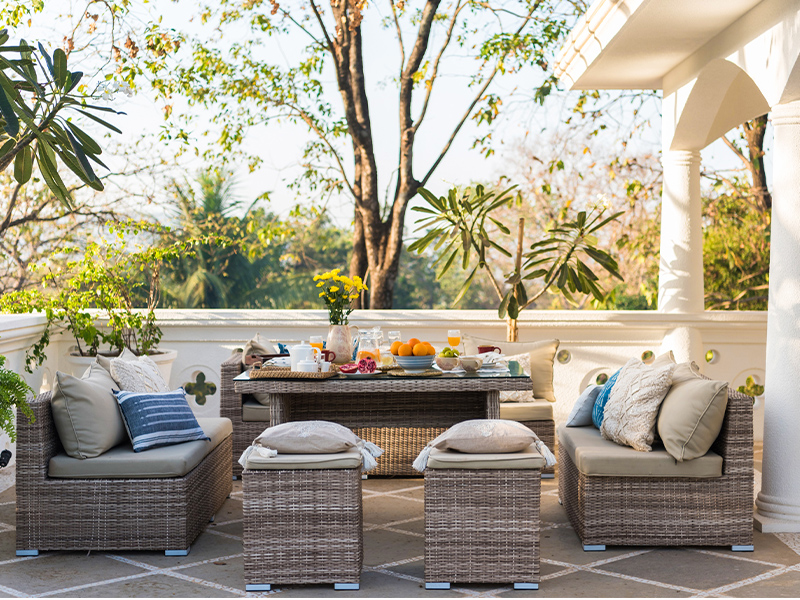
What makes it so appealing for tourists and expats?
There are lots of reasons. For one thing, the overall atmosphere is quite different from other Indian states: the relaxed way of life (or “susegad” as locals call it), the opportunity to be at one with nature, the sheer acceptance from locals who make you feel at home and, for me personally, the beautiful long beaches where I go for a run with my dog Ugo.
What are some great things to do in Goa?
It’s all about discovery and exploration. From beautiful secluded beaches to high-quality restaurants, all-night parties and treks along rivers and waterfalls. There’s something for every tourist or expat, whether you’re a nature lover, party animal, beach bum or food enthusiast.
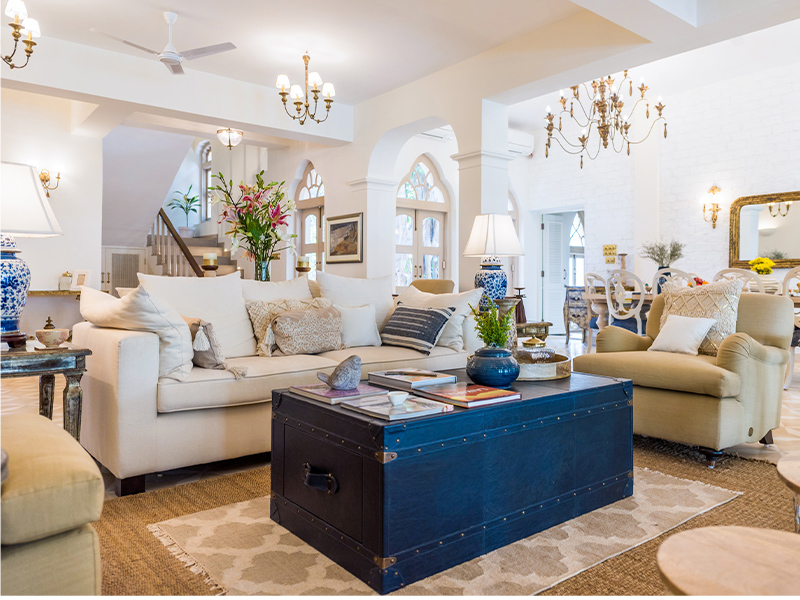
Experience it yourself…
Gianfrancesco’s company Isprava recently launched a holiday home rental company called Lohono Stays. Now, leading high-end villa operator Elite Havens – which many Expat Living readers will be familiar with through villa stays in Bali, Koh Samui and elsewhere – has formed a partnership with Lohono Stays to offer luxury serviced stays in Goa, Alibaug and Lonavala. Jump on the Elite Havens website and find a series of gorgeous villas to book in India. The properties have all the hallmarks of other Elite Havens villas, from in-villa staff and personal chefs, to private pools and bespoke concierge services. They’re great if you’re holidaying with family or a group of friends.
A snapshot of a villa
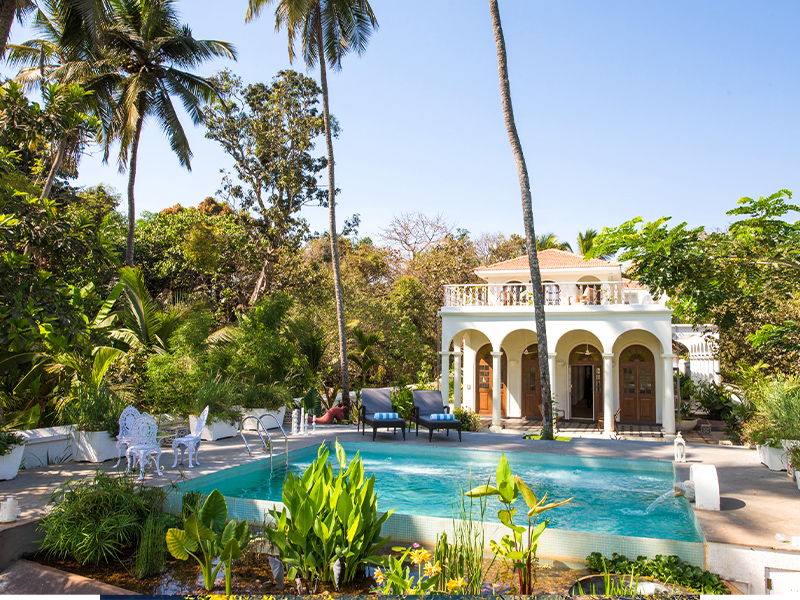
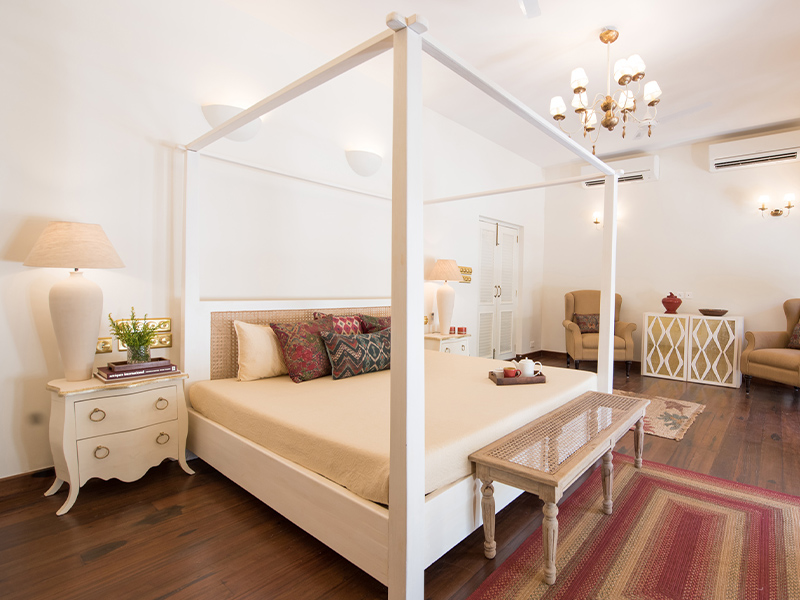
Loto Bianco is named for the white lotuses seen floating in the paddy fields surrounding the villa. The villa is literally an elite haven, featuring elegant interiors with cane accents, striking upholstery and a tranquil sit-out, with superb views beyond the natural pool and regeneration pond. From September to March, the paddy fields are full of migratory birds like herons, storks and kingfishers. There are plenty of activities in the area too. You can rent a yacht, surf at the beach, enjoy yoga or a massage, and do some Goa sightseeing.
Visit elitehavens.com to browse a hand-picked portfolio of more than 300 private luxury havens in Bali, Lombok, Phuket, Koh Samui, Sri Lanka, the Maldives, Japan and India.
See more in our Travel section.
This article first appeared in the August 2020 edition of Expat Living. You can purchase a copy or subscribe so you never miss an issue!



